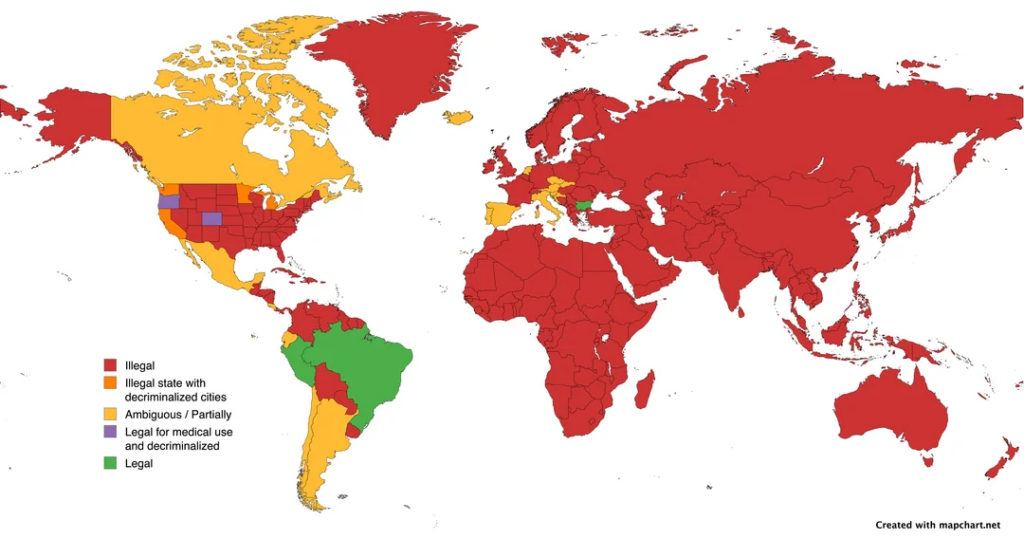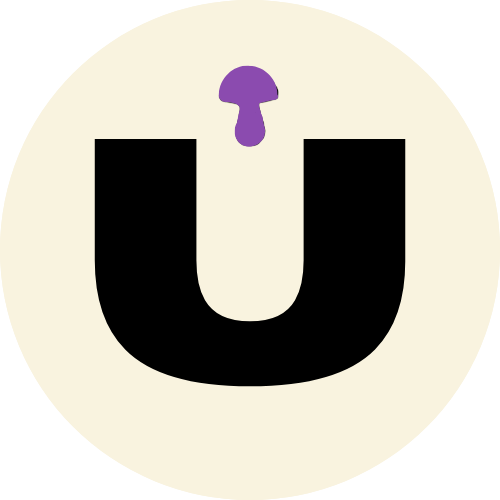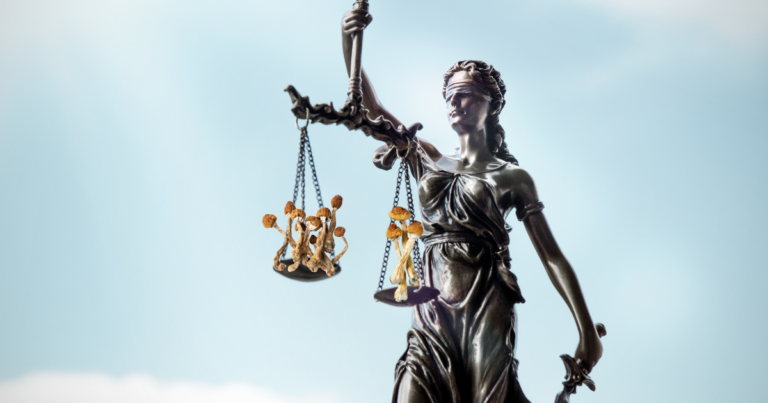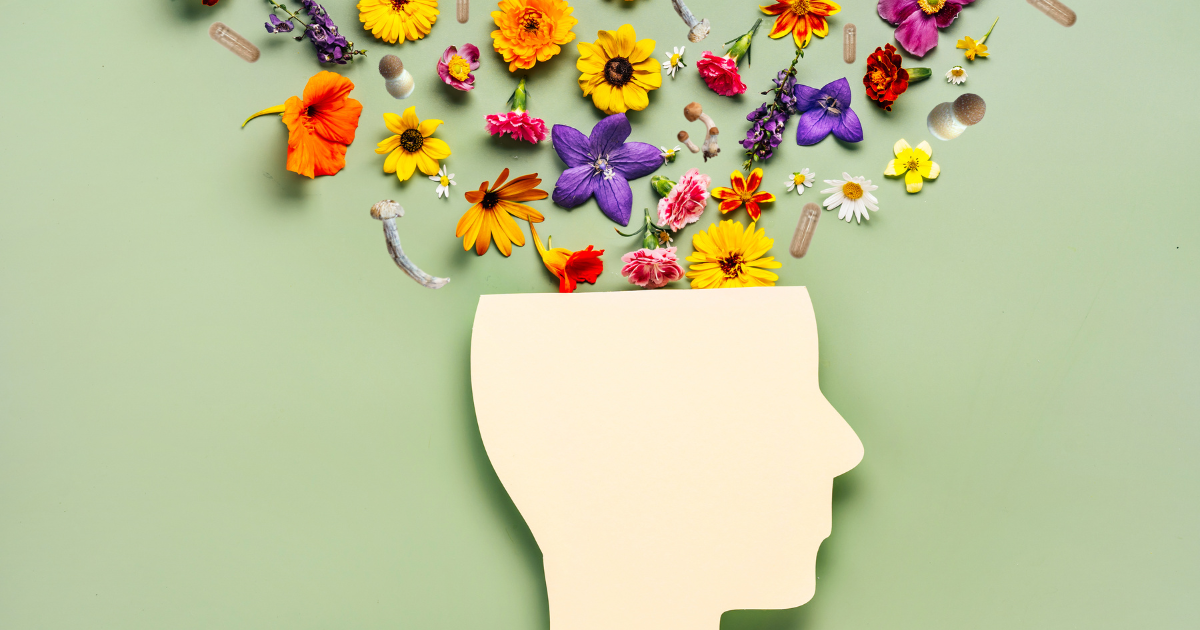The discussion in Canada surrounding the legal status of psilocybin mushrooms, commonly known as “magic mushrooms,” has been growing, and while businesses across the country have been raided by police for selling these substances, some government officials have advocated for regulatory changes.
Understanding Canada’s psychedelic laws
Three primary federal laws dictate the legal status of psychedelics in Canada: the Cannabis Act, the Controlled Drugs and Substances Act (CDSA), and the Food and Drugs Act (FDA).
Due to varied enforcement, there’s some ambiguity surrounding these laws. Here’s a brief overview:
- Cannabis is legally available for adults.
- Psilocybin, LSD, and DMT have restrictions under the CDSA but can be accessed through specific exemptions.
- MDMA was temporarily decriminalized in British Columbia for limited possession as of January 31, 2023.
- Ketamine is legal and approved for medical use.
- Mescaline is restricted, but peyote, which contains mescaline, is legal for personal possession.
- 5-MeO-DMT, ibogaine, and iboga are legal for personal possession but have restrictions on distribution.
Are magic mushrooms legal in Canada?
Under the Controlled Drugs and Substances Act (CDSA), psilocybin and psilocin are classified as controlled substances, making their production, sale, and possession illegal. However, British Columbia implemented a drug decriminalization policy on January 31, 2023, allowing adults to possess up to 2.5 grams of certain substances, including heroin, fentanyl, MDMA, and cocaine. Psilocybin was notably excluded from this exemption.
Despite this, Vancouver has seen a rise in psilocybin dispensaries operating in a legal gray area, many of which require medical documentation before selling magic mushrooms. While these storefronts operate in defiance of federal law, the City of Vancouver has taken a regulatory rather than punitive approach, similar to how medical cannabis dispensaries were handled before legalization.
Some psilocybin dispensaries in British Columbia have been issued business licenses under existing municipal regulations, creating further ambiguity in enforcement. While law enforcement in B.C. has not prioritized criminal charges for simple possession, operating a psilocybin dispensary remains illegal under federal law, and businesses can still be subject to police raids and shutdowns.
Exceptions to the Ban
There are three legal avenues to access psilocybin in Canada:
- Clinical Trials: Authorized studies allow participants to access psilocybin under strictly regulated conditions.
- Special Access Program (SAP): Healthcare professionals can request psilocybin for patients with serious conditions when conventional treatments have failed. This program was updated in 2022 to restore access to psilocybin and MDMA for medical use.
- Exemptions from the Minister of Health: Individuals may apply for an exemption under subsection 56(1) of the CDSA, which allows the Minister of Health to approve psilocybin use for medical, scientific, or public interest purposes. Requests are evaluated on a case-by-case basis based on available scientific evidence, medical necessity, and public safety considerations.
A brief legal history
Canada designated psilocybin as a prohibited controlled substance in 1974 when it was added to the Food and Drugs Act.
In 1979, the British Columbia Court of Appeal in R. v. Parnell ruled that simple possession of mushrooms containing psilocybin did not constitute a violation of the Act, which specifically prohibited the chemical psilocybin. It reached this conclusion by comparing the wording of the Food and Drugs Act’s controlled substance prohibitions with the prohibitions of the Narcotic Control Act, noting that the Narcotic Control Act specifically prohibited certain substances as well as “anything that contains [the] substance*.”*
By contrast, the Food and Drugs Act’s wording simply prohibited the substance. Alberta’s Court of Appeal also adopted this view in R. v. Cartier (1980). This effectively legalized the possession of psilocybin mushrooms in Canada, provided they were left in their “natural state”.
In 1982, the Supreme Court of Canada in R. v. Dunn reversed this position, thereby re-criminalizing psilocybin in both its natural and chemical forms.
Recent developments in Vancouver
In early 2024, the Vancouver City Council debated the regulation of mushroom dispensaries. Green Party councillors attempted to overturn a ban on a dispensary’s business license and later proposed a broader regulatory framework. However, these efforts were blocked by the majority ABC party and Mayor Ken Sim, who argued that such matters should be handled at the federal level. Despite municipal discussions, the sale, possession, and production of psilocybin remain illegal under federal law.
However, there is a growing movement in Vancouver to regulate psilocybin dispensaries in the same manner that medical cannabis dispensaries were once tolerated before federal legalization. Some dispensaries require proof of a medical condition before selling magic mushrooms, aiming to provide access to those who cannot obtain psilocybin through official channels.
Additionally, legal challenges against the federal government have been launched. In 2022, a group of patients and medical professionals filed a lawsuit arguing that the government’s restrictive policies violate patients’ constitutional rights. This case is still ongoing, and its outcome could influence future regulations.
Legal and policy shifts across Canada
Several recent policy shifts indicate a gradual movement toward acceptance of psychedelics in specific contexts:
- British Columbia’s Decriminalization Policy (January 2023): Allowed limited personal possession of certain substances, excluding psilocybin.
- Alberta’s Psychedelic Therapy Regulations (2022): Established guidelines for supervised psychedelic-assisted therapy.
- Federal Special Access Program (SAP) Updates (2022): Expanded healthcare professionals’ ability to request psilocybin and MDMA for therapeutic use.
- Legal Challenge for Psychedelic-Assisted Therapy (2022): Patients suffering from terminal illness and mental health conditions filed a constitutional challenge demanding expanded access to psilocybin treatment.
International perspective on psychedelic legalization

Canada is not alone in grappling with the legal status of psilocybin. Countries where psilocybin mushrooms are legal:
- Bahamas: Psilocybin mushrooms are legal to possess and consume.
- Brazil: While psilocybin and psilocin are controlled substances, the mushrooms containing them are not explicitly prohibited, making their possession and use legal.
- Jamaica: There are no laws against the possession, use, or sale of psilocybin mushrooms, and they are openly available.
- Nepal: Psilocybin mushrooms are not listed as controlled substances, and their use is not actively policed.
Countries and regions with decriminalized or specific legal exceptions:
- Netherlands: While psilocybin mushrooms are illegal, “magic truffles,” which contain psilocybin, are legal and sold in smart shops due to a legal loophole.
- Portugal: Decriminalized the possession of all drugs, including psilocybin, for personal use in 2001.
- Mexico: Permits the use of psilocybin mushrooms in traditional spiritual ceremonies, especially among Indigenous communities.
- Australia: As of July 1, 2023, authorized psychiatrists can prescribe psilocybin for treatment-resistant depression.
The United States has also seen progressive moves in certain states:
- Colorado: decriminalized certain psychedelic plants and fungi.
- Oregon: Established regulated psilocybin wellness centers.
- Ann Arbor, Michigan: Decriminalized in September 2020.
- Detroit, Michigan: approved decriminalization in November 2021.
- Denver, Colorado: Became the first U.S. city to decriminalize psilocybin in May 2019.
- Oakland and Santa Cruz, California: decriminalized in June 2019 and January 2020, respectively.
- Washington, D.C.: passed Initiative 81 in November 2020, decriminalizing entheogenic plants and fungi, including psilocybin.
- Seattle, Washington: City Council voted to decriminalize in October 2021.
- Somerville, Cambridge, and Northampton, Massachusetts: Decriminalized between January and March 2021.
Historically, psychedelic substances have raged against the machine of being neatly categorized, ranging from spiritual catalysts and sacred materials to rave drugs and potential medicines. Despite how regulatory bodies like Health Canada and the Province of Alberta might classify them, their appeal goes beyond just clinical environments.
As Canada continues to lead research and legalization of these substances, there’s an opportunity to take a thoughtful approach, emphasizing harm reduction and incorporating Indigenous viewpoints. Indigenous rituals with sacred plants focus on spiritual, physical, and mental well-being, challenging conventional healthcare and big pharma frameworks. This shift prompts us to reconsider the role and roots of Indigenous wisdom in health.
With the rising commercial and pharmaceutical interest in psychedelics, we need to decide what parts of the psychedelic experience are genuinely valuable. We should start reflecting on the war on drugs impact and aim for a more informed and understanding relationship with these substances.






